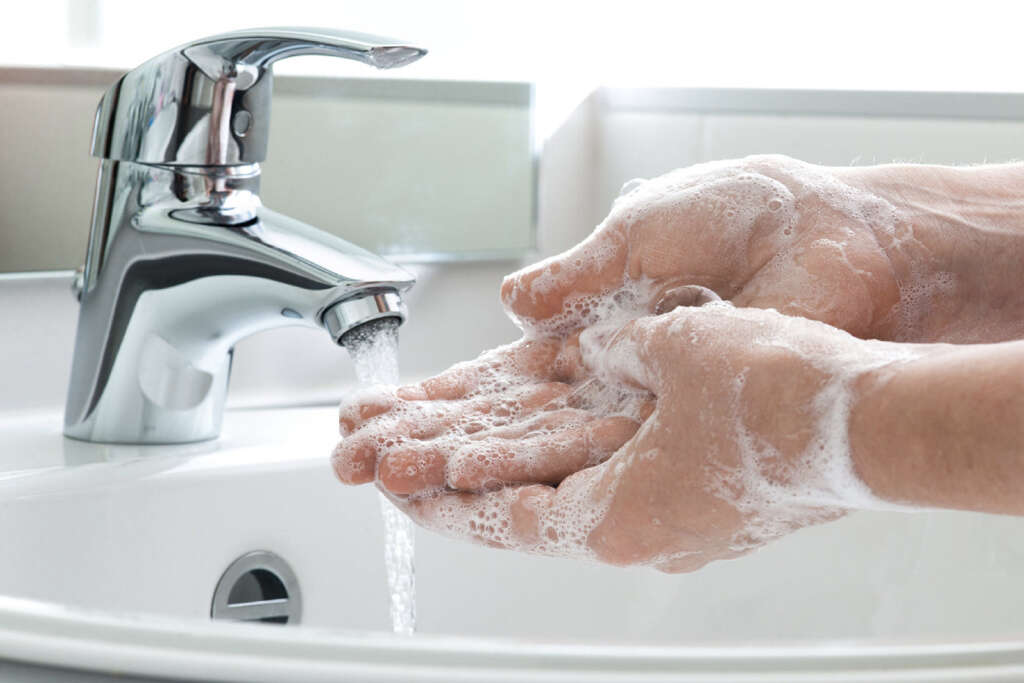10 Home Remedies For Strep Throat
Strep throat is a very irritating respiratory condition. People with the condition may have a difficult time swallowing and eating and, in difficult cases, it can even make it hard for someone to sleep. Many people confuse a sore throat and strep throat, but the two are different. Sore throats can be caused by a number of things ranging from allergies, pollution, dehydration, and bacteria. Strep throats, on the other hand, are caused by bacteria and a sore throat is often a symptom. Both strep throat and a sore throat can be spread from an infected person to someone else.
Strep throat is caused by the Streptococcus bacterium, which can come in several forms. The group A Streptococcus bacterium is the one that will cause strep throat, and this bacterium is easily passed on. It’s important to avoid sneezing, coughing, or breathing on people without covering your mouth. Be cautious to wash your hands and avoid sharing drinks while you are infected.
The most common treatment for this condition is an antibiotic prescribed from the doctor, but even antibiotics aren’t known to be tremendously effective in helping ward off the disease—and they don’t do much for helping to ward off the symptoms until the actual disease starts to disappear. Fortunately, there are a number of home remedies that can be very useful for helping to speed up your recovery time. A lot of these home remedies will also be useful for helping to minimize some of the symptoms that are associated with strep throat. In this article, we’ll discuss some of these remedies and let you know how you can use them to help improve your recovery.
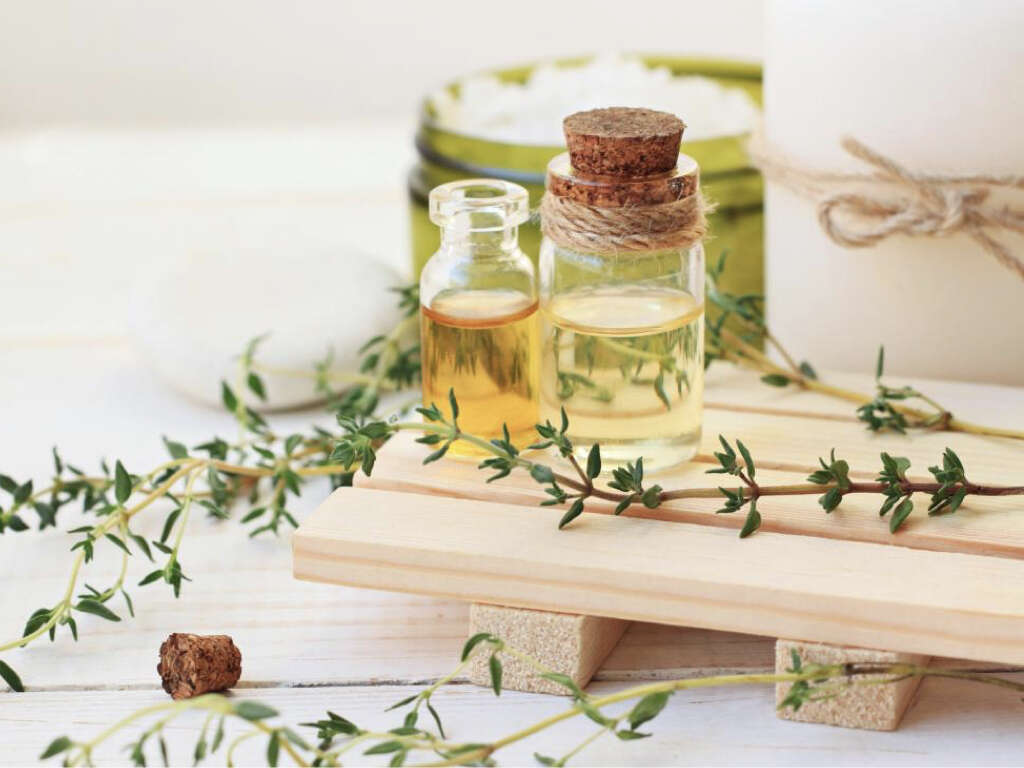
Home Remedy #1: Elderberry
Elderberry is a popular plant that grows in the Pacific Northwest and other areas of North America. Elderberry has been used for many years as a home remedy for all sorts of respiratory problems, and science is finally catching up to the fact that elderberry can actually be quite effective.
If you live in an area where elderberry grows, then you can make a tea from the berries. Otherwise, you can find dried teas or capsules in many health food stores.
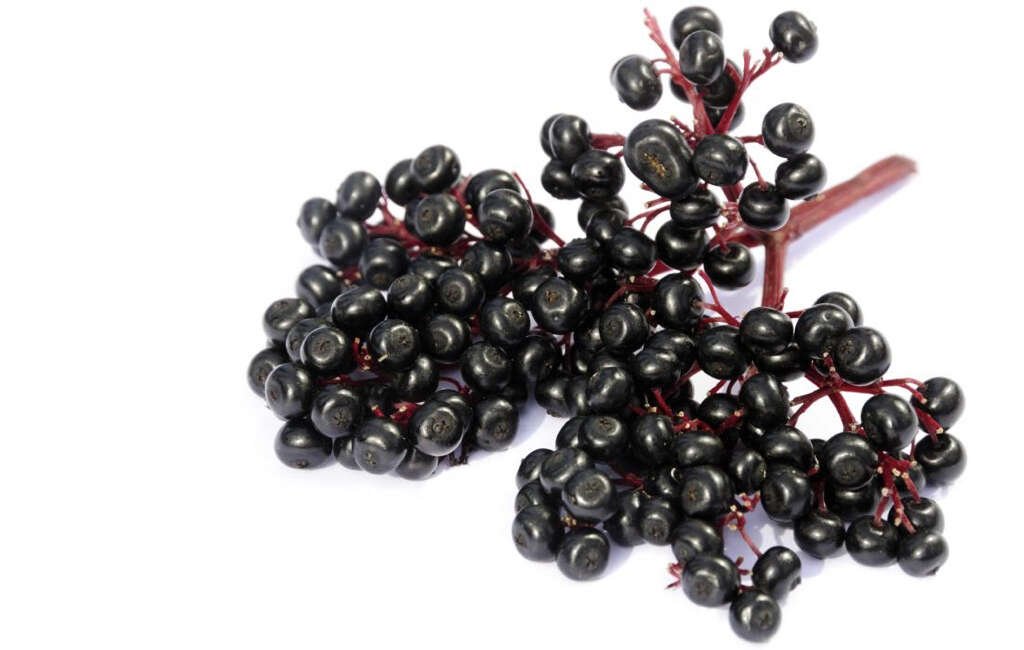
Home Remedy #2: Echinacea
Echinacea is often regarded as one of the chief natural herbs for helping to fight off the cold and other respiratory infections. One of the reasons for this is because echinacea is fantastic at helping to boost the immune system, which can help to prevent or speed up healing from things like strep throat.
Echinacea can be made into a tea, and it’s readily available in capsule form from many different pharmacies and health food stores. Using it several times a day is one of the best ways to help ward off strep throat.

Home Remedy #3: Vitamin C
Vitamin C is often known as one of the most important vitamins for helping to fight off infections, and this is because it’s incredibly important for the immune system. It can help to ward off strep throat and prevent you from catching it in the first place.
Vitamin C can be found in abundance in foods like oranges, but it can also be obtained in supplement form. If you’re sick, you might want to consider taking a supplement so that you can get large doses of vitamin C relatively quickly.

Home Remedy #4: Raw Honey
Honey is often processed. The off-white stuff that we get at the grocery store is usually devoid of any nutritional value, but raw honey can be incredibly beneficial for our health. One of the things that it’s good for is helping people manage the symptoms of strep throat.
Many of us were told to drink tea with honey to help soothe our throats when we were children. In addition to its soothing effects, honey has powerful antibacterial action and can help eliminate strep throat.
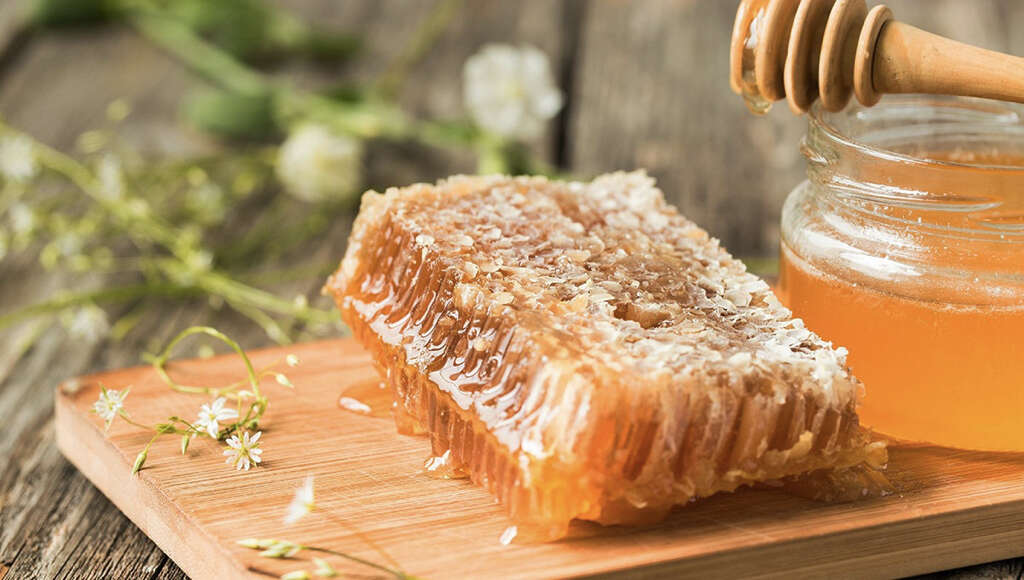
Home Remedy #5: Chamomile
Most of us are familiar with chamomile as being the herb that helps us get to sleep.
In addition to making a great nighttime tea, chamomile is actually known to help fight off pain, congestion, and swelling that can all lead to discomfort if you’re struggling with strep throat. Furthermore, chamomile can help you get the rest that you need!

Home Remedy #6: Apple Cider Vinegar
Apple cider vinegar has a huge number of health applications, and one of the best things that it’s used for is treating something like strep throat. Sipping the stuff straight will provide you with the best benefit, but if you can’t handle the flavor, you can dilute it in water.
Apple cider vinegar has acetic acid, which is known to help kill off bad bacteria while encouraging the growth of good bacteria at the same time.
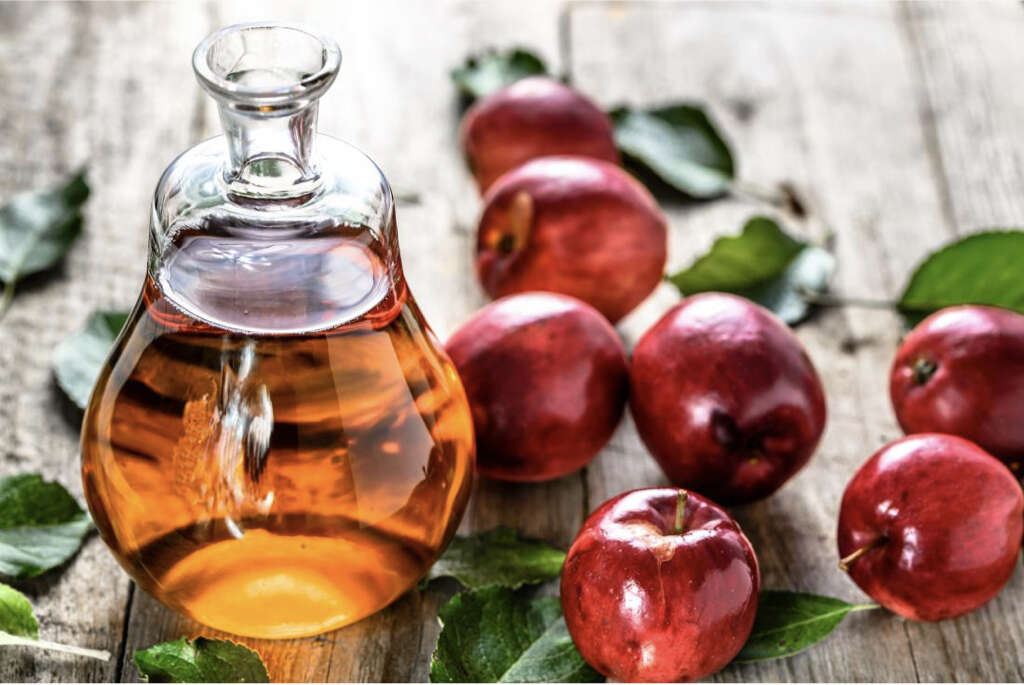
Home Remedy #7: Salt Water Gargling
Gargling salt water is one of the best ways to help you manage strep throat or any other upper respiratory tract infection. Salt water is known to help reduce symptoms and can also be great for actually inhibiting the growth and spread of bacteria.
The best way to do this is to use something like Himalayan salt or black salt, both of which are rich in nutrients. Both are anti-inflammatory and can help reduce the discomfort of strep throat.

Home Remedy #8: Peppermint Oil
Peppermint is one of the best remedies for sore throats, and peppermint essential oil is a much stronger alternative that can be useful for helping to reduce swelling and discomfort associated with strep throat.
One of the reasons for this is because it contains menthol, a compound that has been proven to have a cooling sensation.
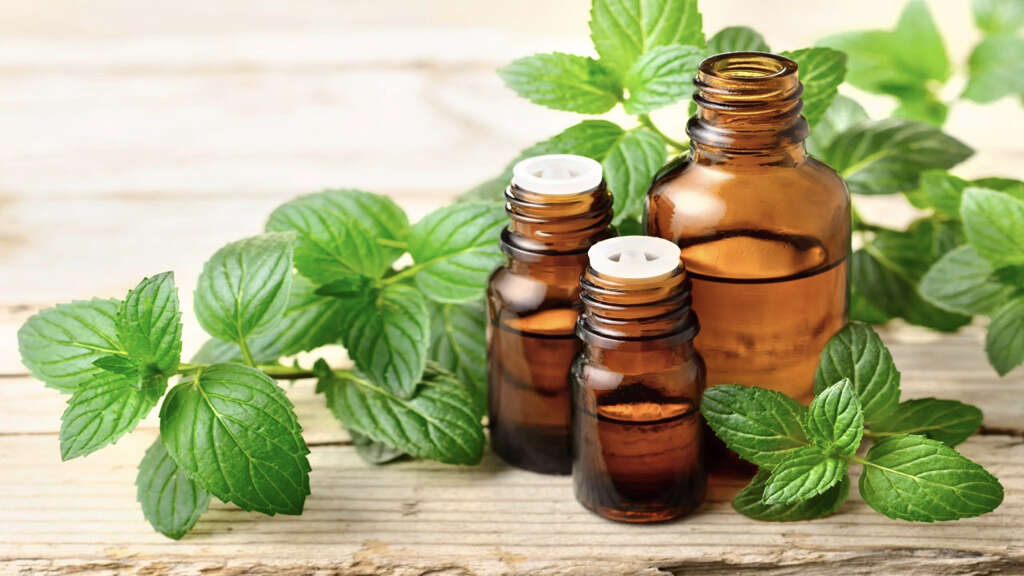
Home Remedy #9: Thyme Oil
Thyme oil is another popular essential oil that can be used to help enhance the strength of the immune system, as well as to boost function in the respiratory symptoms. This means that it works great as a remedy for strep throat.
In fact, studies have revealed that thyme oil is very effective against a wide variety of bacteria. One of the easiest ways to use thyme oil as a remedy is to use it as a mouthwash.

Home Remedy #10: Wash Your Hands
Another thing that can be very useful for helping to prevent strep throat, as well as the spread of the illness, is to make sure that you wash your hands often.
This will ensure that bacteria don’t remain on your hands and don’t get into your food or other people’s bodies.
